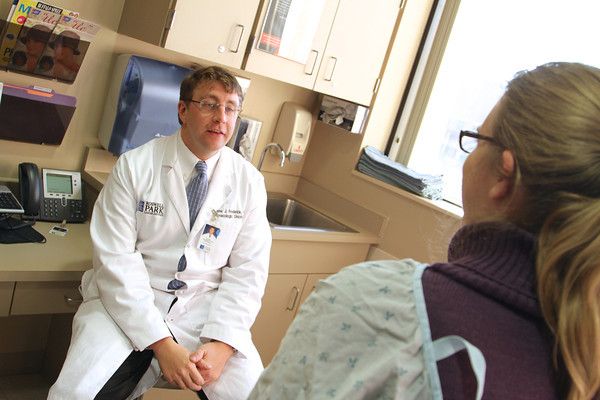All medications, including fertility drugs, come with risks. But should you be concerned about an increased cancer risk?
Studies that suggest a link between fertility treatments like In Vitro Fertilization (IVF) and cancer are conflicting, with some reporting a small increase in cancer risk for hormone-sensitive cancers including ovarian, uterine, and breast. However, many studies demonstrate no increased risk at all. Additionally, it’s unclear if the underlying infertility is the cause of increased cancer risk in some patients.
For cancer patients, the threat of infertility is a common concern. Radiation, chemotherapy and surgery have the potential to impact fertility. The surgical removal of reproductive organs — uterus, ovaries and fallopian tubes in women, and testes in men — will obviously impact fertility. And certain forms of chemotherapy, such as high-dose alkylating agents, may result in temporary or permanent infertility in both men and women. Radiation can affect sperm production in men and result in premature ovarian failure in women.
Can the Intrauterine Device (IUD) Reduce Cervical Cancer Risk?
Across the board, the IUD is known to lower risk for many gynecological cancers, including endometrial and ovarian cancer, but with regard to cervical cancer, the latest research suggests the benefit can be significant — as much as a 30% reduced risk.
Learn MoreThat’s why it’s so important for young cancer patients to have a multidisciplinary team of cancer and fertility experts who can offer the most effective treatment and fertility preservation options. Since infertility itself is a risk factor for cancer, it's important to speak with a reproductive endocrinologist before initiating treatment.
Make it a priority to talk to your doctor about a referral for fertility and sexual health counseling through Roswell Park’s Oncofertility Program. Post-treatment counseling is available as well. If you are infertile due to treatment, there are resources to help you plan for the future.



